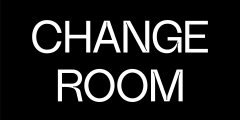Fashion Revolution Week 2022 - Düsseldorf Newcomers
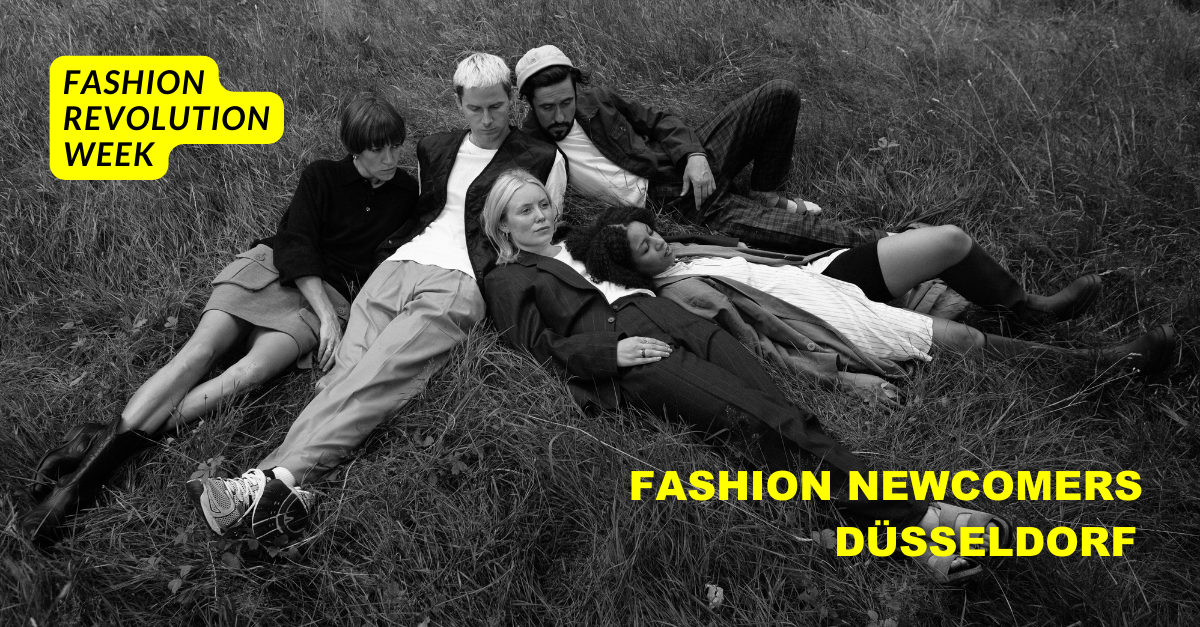
DATE
27.04.2022
The global Fashion Revolution Week, which happens every year in the week surrounding the 24th of April, the date of the anniversary of the 2013 Rana Plaza garment factory collapse, is an important time to remember that there is no sustainable fashion without fair pay. Currently, the price tags of clothing often fail to reflect the true social and environmental cost of their production. In the fashion industry, the wealth and power are concentrated in the hands of a few, but the negative effects of the climate crisis and income inequality are shared by many.
Here, the Fashion Revolution Week is aimed to inform and inspire global citizens to rethink their relationship with fashion and what they see as fashionable. Fashion should belong to people. It should be more social and local. Thus, supporting small businesses is key to sustainable fashion. Just like restaurants, local shops and craftsmen are the soul of our cities.
The last two years have been challenging in fashion. Even in the fashion-loving city of Düsseldorf many businesses suffered, some even had to close their doors. But during this time of contemplation, a new wave of entrepreneurs has emerged, eager to re-build the industry and make it a force for good. The Change Room team wants to present six sustainable fashion newcomers, share their stories, values, and their visions of a post-covid era of fashion.
Untold
Is an online concept store that focuses on unisex vintage and second-hand fashion. Its Founders, Lea Rohe and Sarah Righetti, two fashion industry professionals, met at work and instantly got on the same wave: a friendship started. During the first year of the pandemic, they felt that sustainable fashion has always been their passion but the concept had to be rethought. “For us, clothing is not related to gender but is rather connected to one’s personality: translate your inner world to the outer through our high-quality pieces and make new memories with them” is their motto.
The shopping experience in ordinary secondhand shops and the rummage is not a concept for everyone and in fact, can scare people away. Thus, in November 2021 they founded Untold. Their curated shopping experience with sorted sustainable clothing pieces gives customers a feeling of an exclusive high-fashion store. Shortly after, they also started a podcast to talk about the #untoldstories in fashion, which adds to their authenticity.
Change Room: What does sustainable fashion mean to you and what is the greatest value your label can add?
Untold: For Untold it is the local factor, the exchange and the mutual support in working against the fast fashion production and consumption. Secondhand and vintage are all about curiosity, a new approach to yourself and one another, and willingness to contribute to the circular system. Fashion is a language and a major economic force that can influence and move many things, also in a positive direction. The sooner we have more acceptance in the society, the better the consciousness of sustainable fashion will be.
Website: www.untoldshop.de
Instagram: @untoldshop_
Podcast: Spotify at @untold or Apple Podcast at @untold
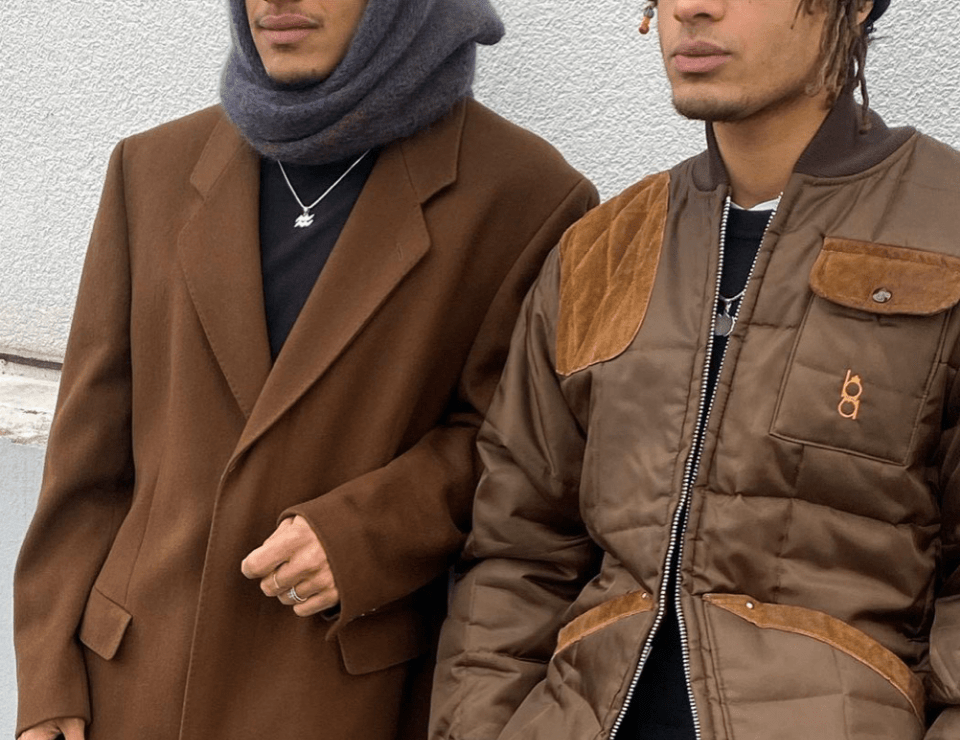
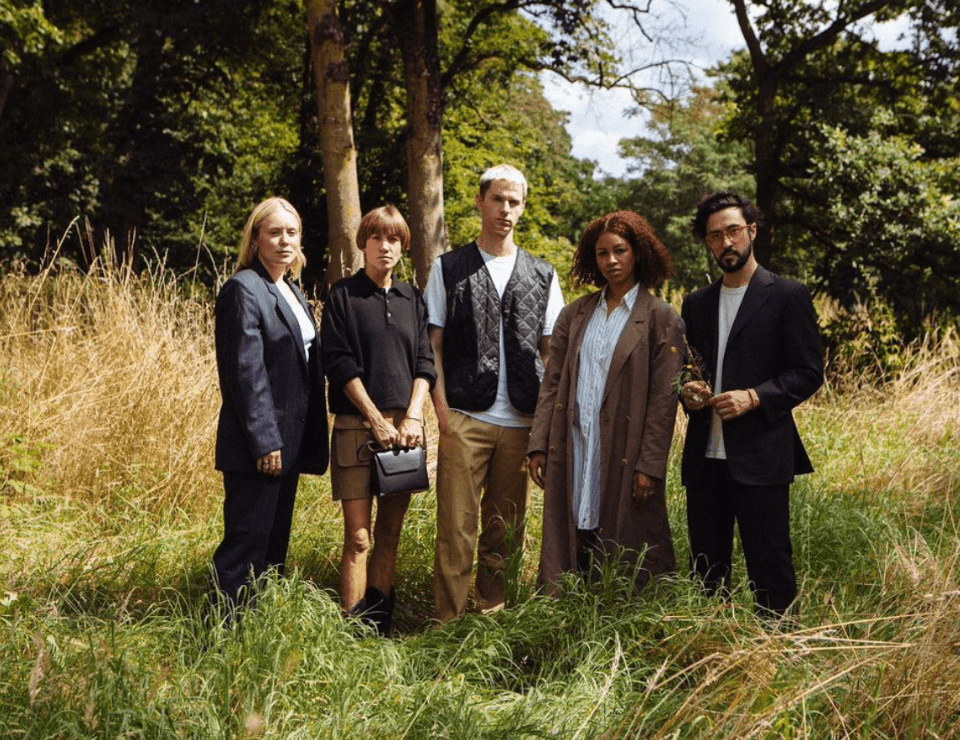
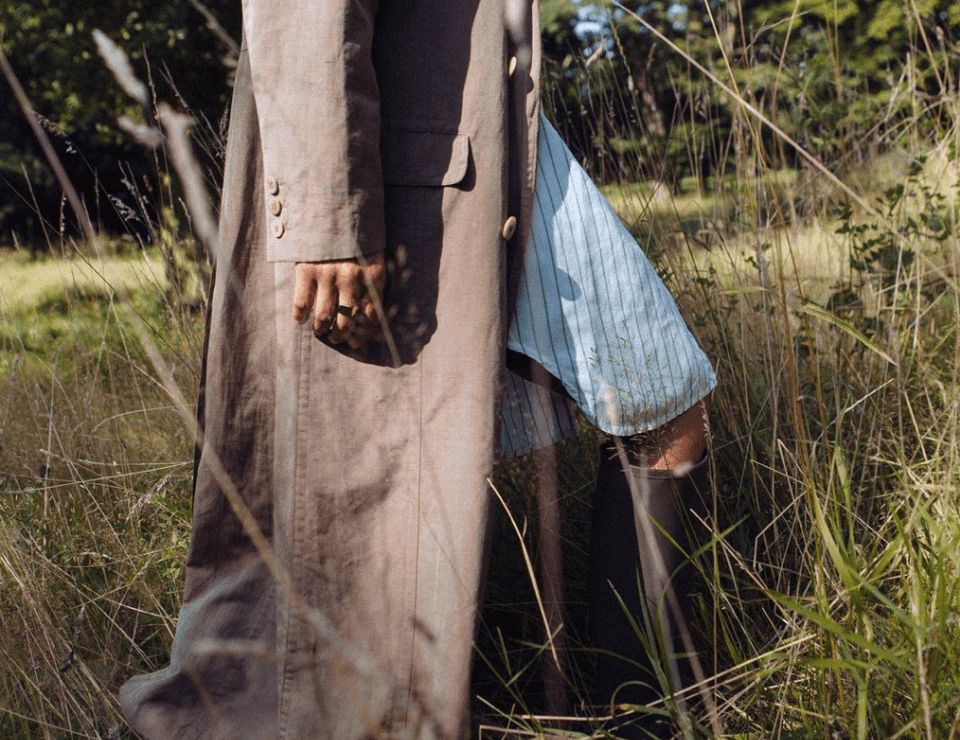
Ich bin mehr. (English “I am more.”)
To share her sustainable clothing designs, in September 2020, Laura Tenbrock opened a local store in Düsseldorf. “Clothes have their own frequency. The sentence “Ich bin mehr.” inspires people and moves something in them. It shows resonance”, she says. She started her business at flea markets, then went over to a pop-up store, and finally opened her own shop in the idyllic Düsseldorf Carstadt district. Despite the pandemic, her customers supported her, as if the universe wanted to keep Laura’s business existent.
Change Room: How do you think, the fashion industry will look like in the future?
Laura: I think there is going to be a complete reformation, back to the origin. We need the appreciation of fashion that is bigger than consumption. Thus, despite the pandemic, I see lots of potential in the retail segment. My goal is to combine feelings and emotions with fashion. Because it is never just about the product. It is about how you feel in it and appreciate it.
Change Room: How do you explain your business concept to a stranger?
Laura: I do not make fashion but rather live my dream and it is called “I am more”. At first, this has nothing to do with fashion, I carry it with me for a long time already. For me, this is a concept of aesthetics. It means to be free and to find harmony from the inside to the outside. I want to share this energy with the world. Did you know that colors have their specific vibration? Colors can change our mood and influence our emotions. I frequently play with colors in my designs.
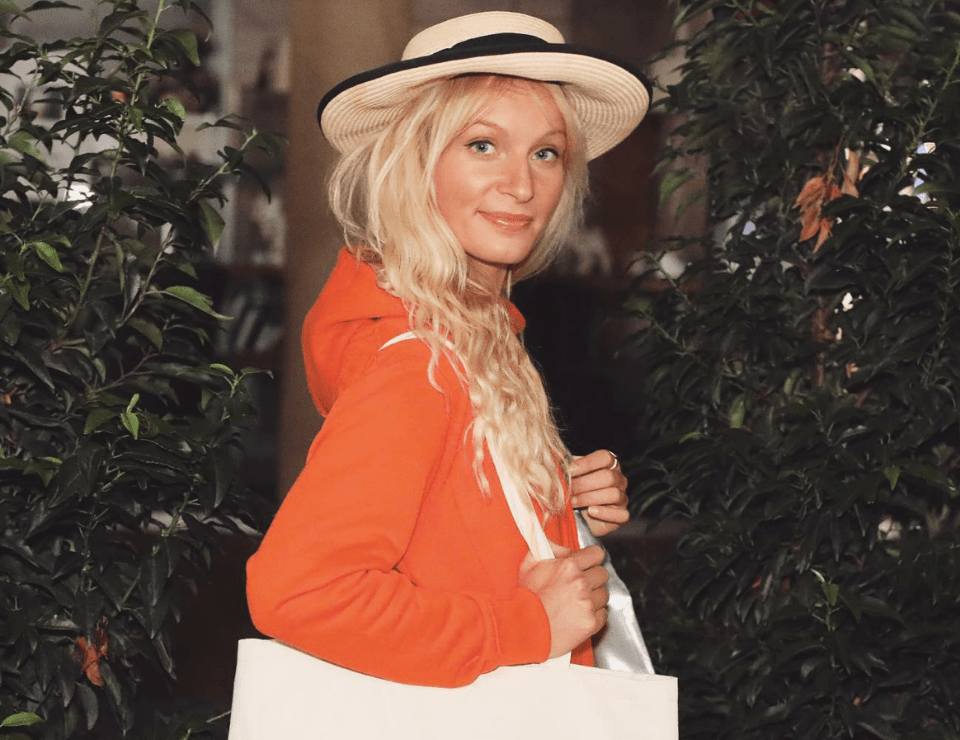
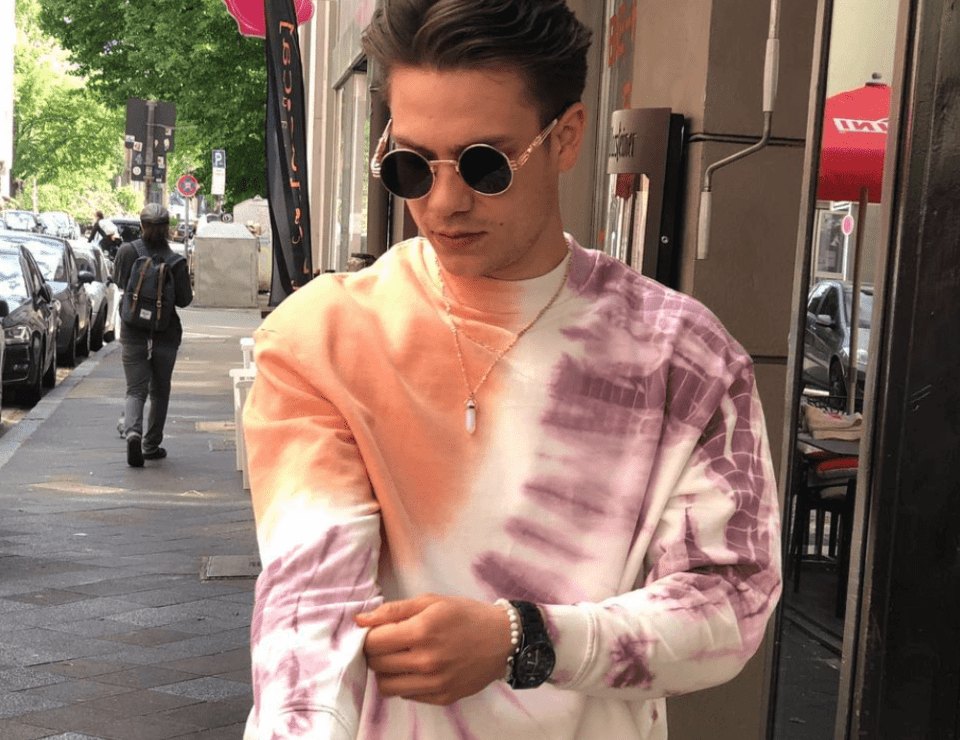
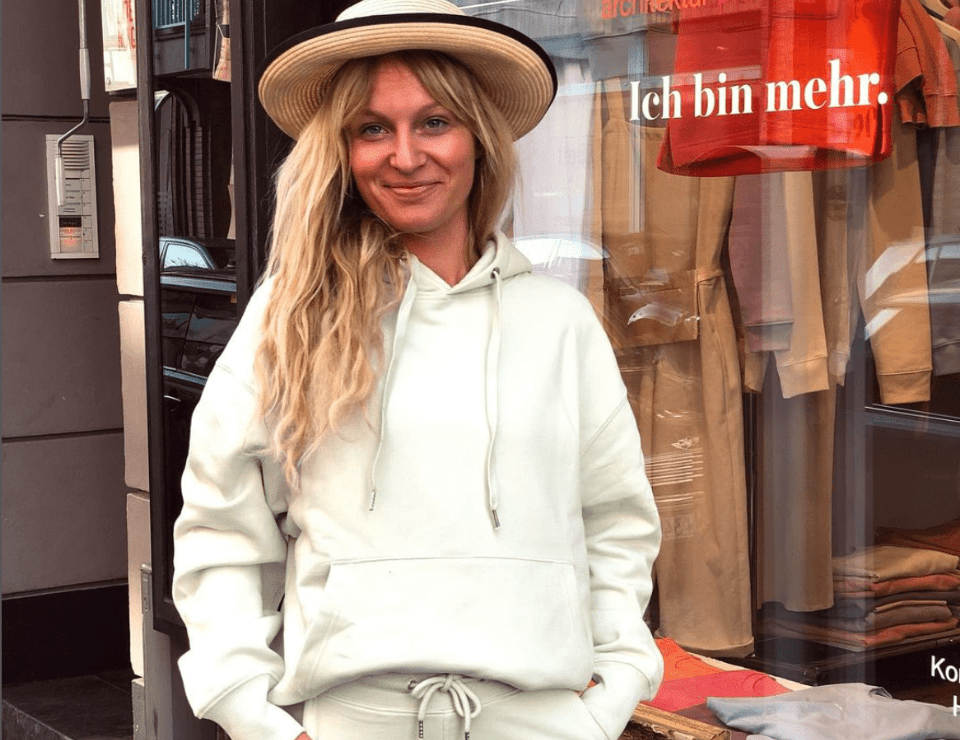
“Fashion should belong to people. It should be more social and local. Supporting small businesses is key to sustainable fashion. Just like restaurants, local shops and craftsmen are the soul of our cities.”
Dr. Monika Hauck
202editions
Goldsmith and designer duo, Karin Heimberg and Maryvonne Wellen, founded their label in February 2021. From recycled gold and silver, they create sustainable high-quality jewelry produced in limited editions of 202 pieces. That way, they are able to present innovative styles and stay authentic. Quality design and craftsmanship are key to the brand. “For us, it was important to identify ourselves with our business. This is one of the reasons why we do not offer plated jewelry, as it makes the production process longer and lowers the quality of the jewelry” the duo says.
Change Room: Where do you see the fashion industry in ten years?
202editions: It is complicated. On the one hand, we are in a time of upheaval but on the other hand, we think it will take at least 20 years to really have the meaningful change that the world needs. There are a lot of great local initiatives moving the industry in the right direction but globally the situation is still questionable. In ten years, we are going to be where we think we are now.
Change Room: What impact do you want to achieve with your Label?
202editions: We create long-lasting pieces for our customers, so they can pass them further to the next generations. In general, we work towards sensibilization, so people start to appreciate the goods they own more. This goes hand in hand with jewelry really well as you bond your emotions with it. You get jewelry for special occasions or it is connected to a certain memory.
Website: www.202editions.com
Instagram: @202editions
Shop their collection exclusively at LiveLabStudios in Düsseldorf!
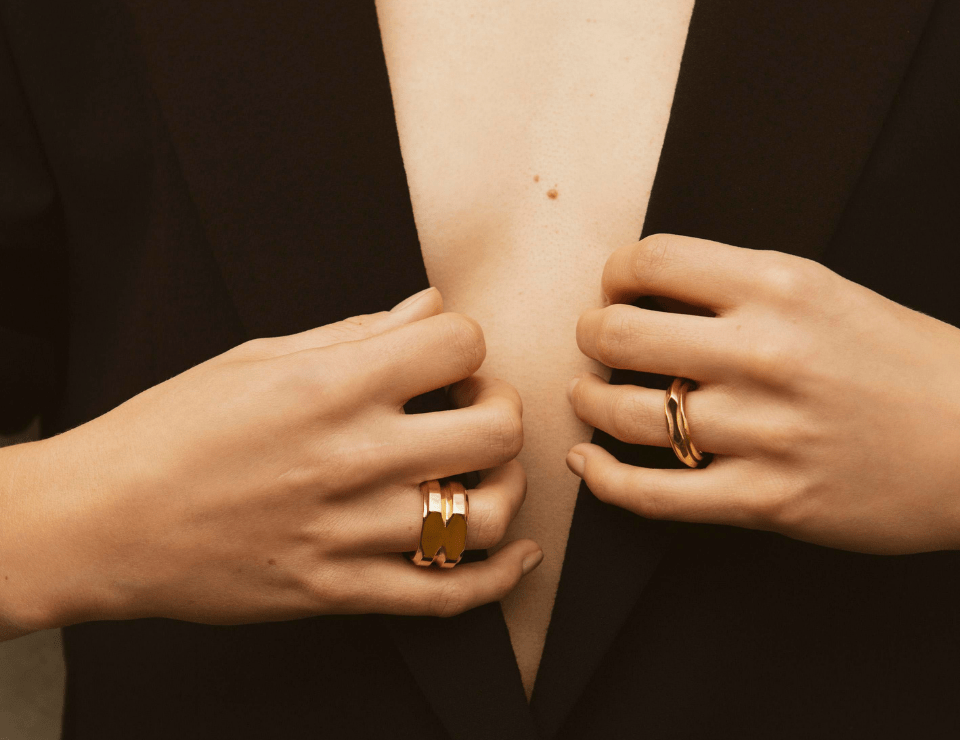
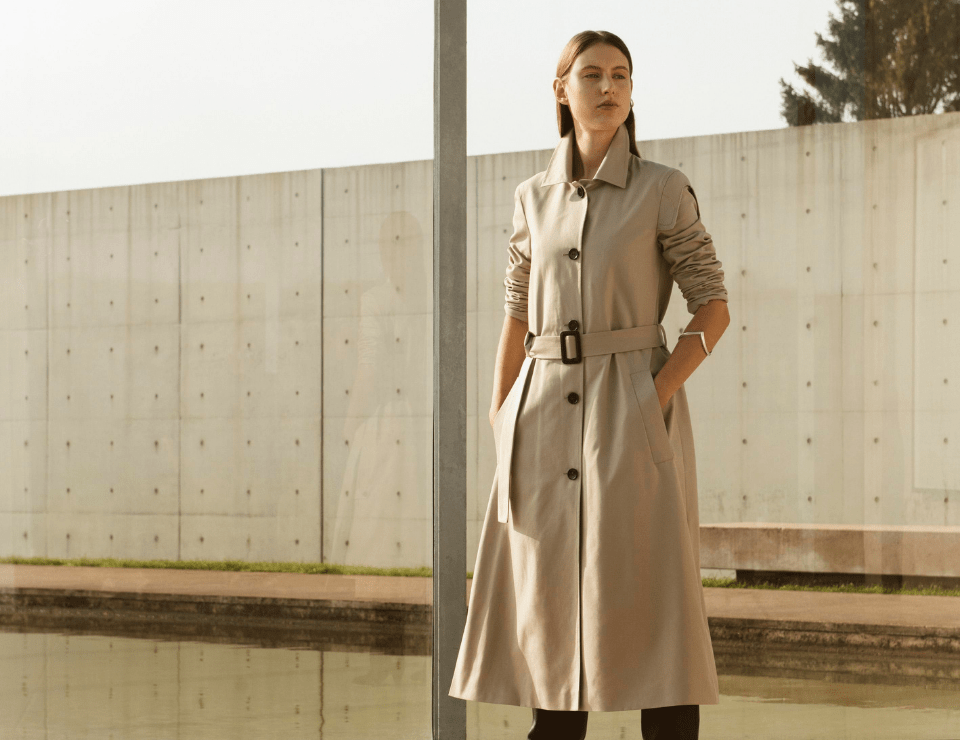
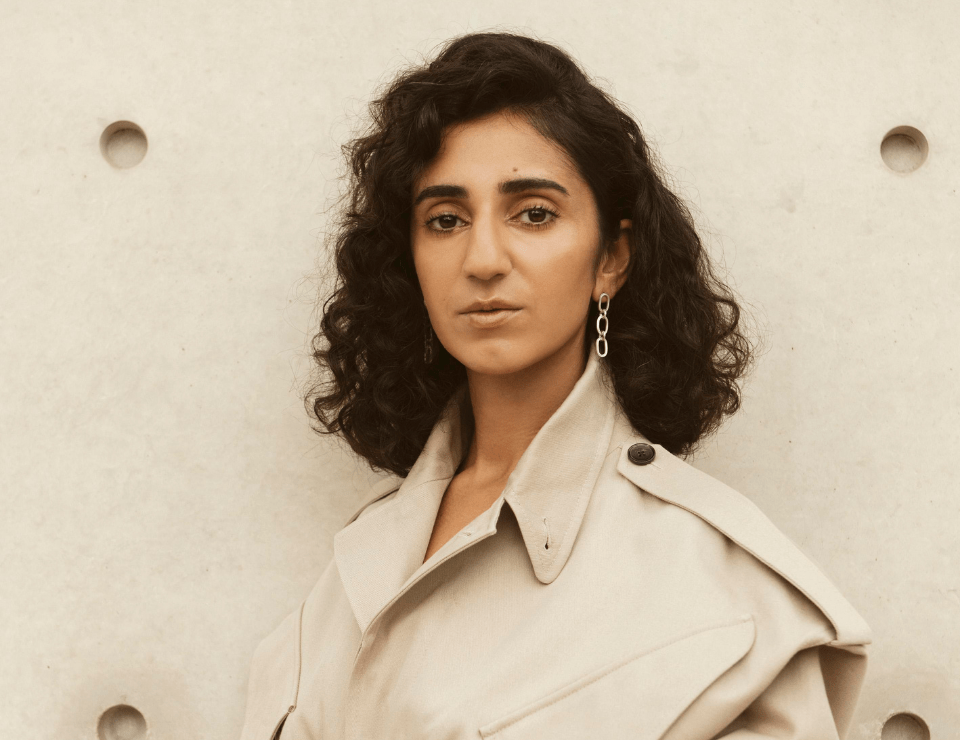
koko.SELECTED
Katrin Nordhaus, Pia Landwehr, and Karla Schumann were best friends since pre-school but after their A-levels, their ways separated for their college degrees. In 2018, they got back together in Düsseldorf and founded their second-hand shop with a curated and local shopping experience. They also offer new goods from fair fashion labels, decor, and gift items. Moreover, their customers are able to give them the clothing that they no longer wear and via koko.SELECTED they will try to resell it. It is a win-win situation for everyone!
Change Room: Many vintage shops do not offer fast fashion items – you do, why?
koko.SELECTED: There is no reason to through away clothing that already exist, even if it is fast fashion. We check their quality and as much as possible try give those pieces a second chance. Our goal is to minimize waste. Behind everything that we do, is a thought of sustainability. But we try to make sustainability attractive to everyone without being pushy. Our product range has built-up over the past months and we have a section of men’s clothing here as well.
Change Room: Where do you see the fashion industry in ten years?
koko.SELECTED: We think that fashion sales will be going more and more online. The topic of sustainability is going to be more pushed into the designs and systems but if the fast fashion segment is really going to change fundamentally, we don’t know. It is crucial that small businesses with a sustainable focus grow faster. With the introduction of the European Green Deal, we experienced a major political push and hope this will help many more circular fashion businesses to prosper.
Website: www.kokoselected.com/shop
Instagram: @koko.selected
Local shop: Hermannstraße 47, 40233 Düsseldorf
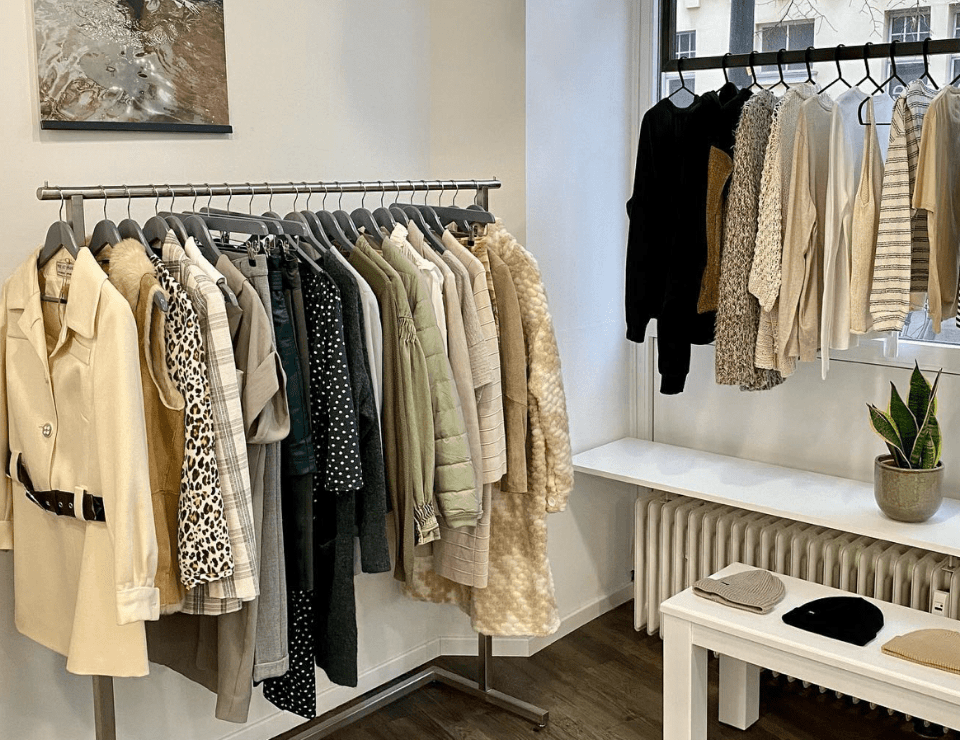
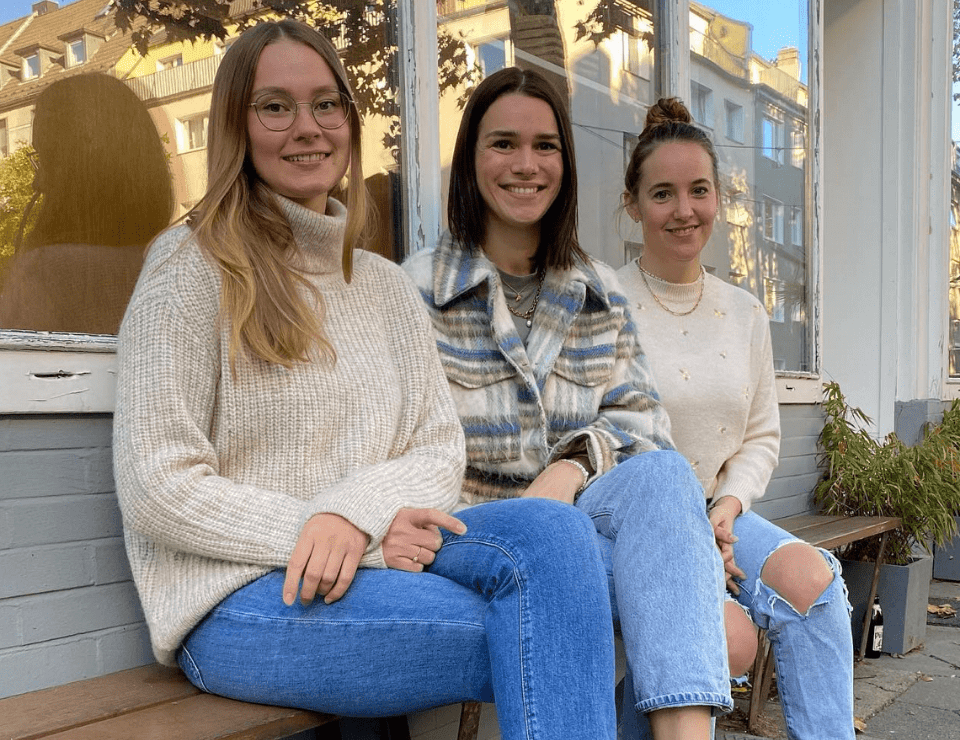
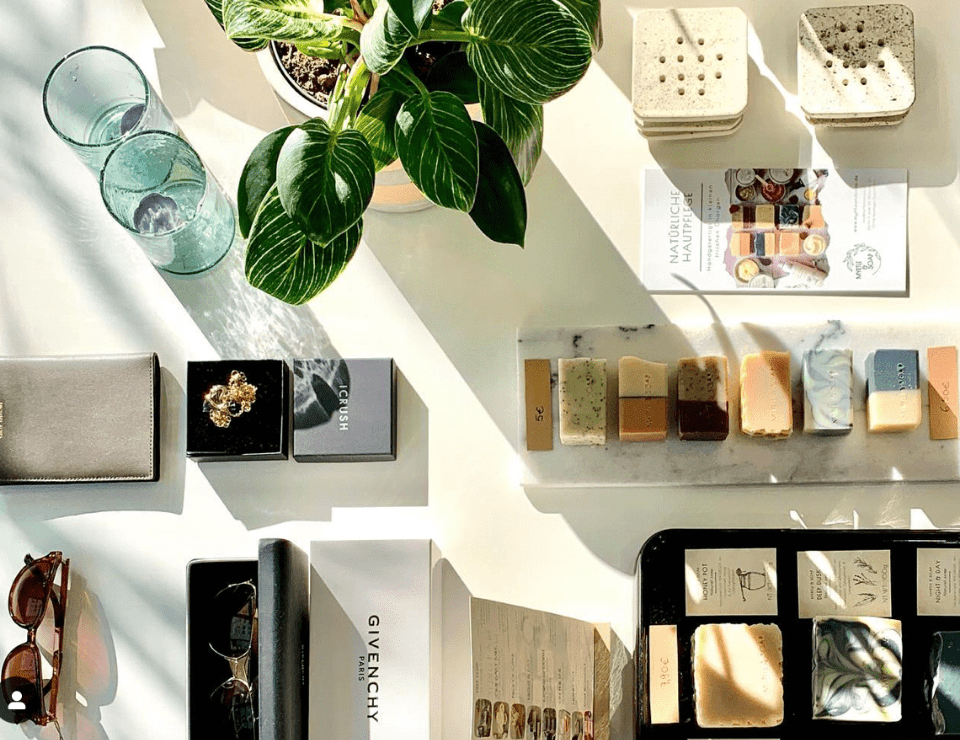
“Sustainable fashion businesses rely on a strong and patient local community, which values quality over price, authenticity over conformity, and collaboration over competition.“
Dr. Monika Hauck
bullerBuxe
In 2021, the students from the Max-Planck Gymnasium in Düsseldorf founded their own school company. They collect donated jeans and transform them into convenient accessories like laptop bags, pot coasters, or shopper bags. And part of the revenue is being donated to the children’s hospice Regenbogenland in Düsseldorf. “Buller Buxe” means “baggy jeans” in Rheinisch German. “It refers to our material and our homeland. It is important for us that we create something useful out of something that was useless before”, the students say.
A group of nine, wonderfully connects sustainability with locality. Some of them were already skilled at sewing but the rest needed to learn the skill. With this concept, they won second place in the competition “Best school businesses in NRW” in 2021 already. We hope that their success will inspire a new generation of local crafts businesses as well as create a new meaning in fashion among the youth.
Instagram: @bullerbuxe_
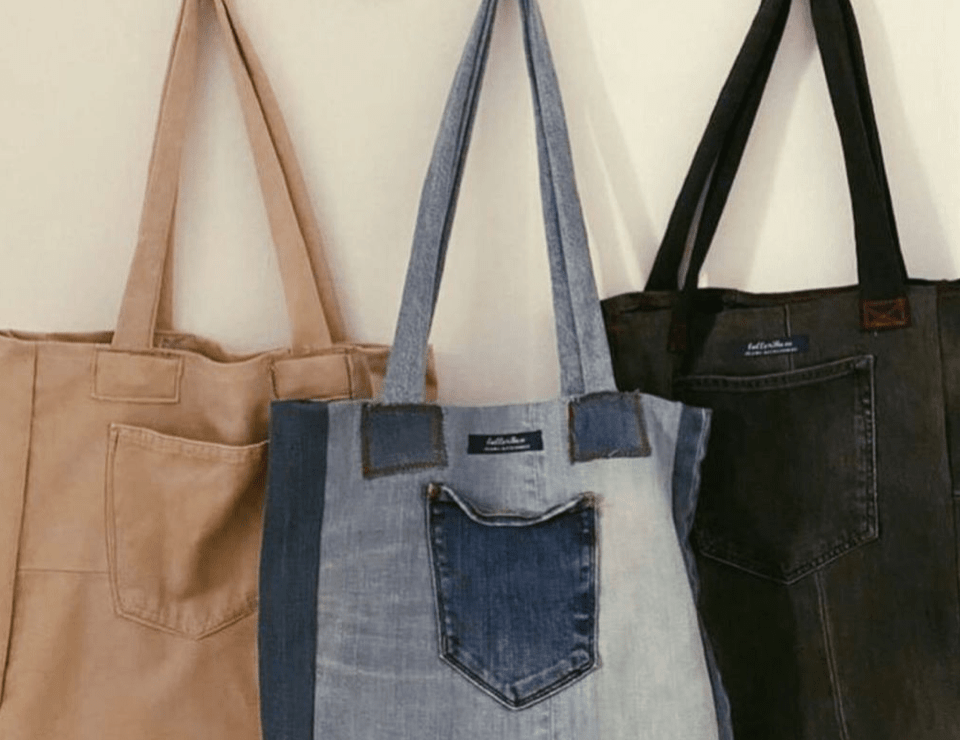
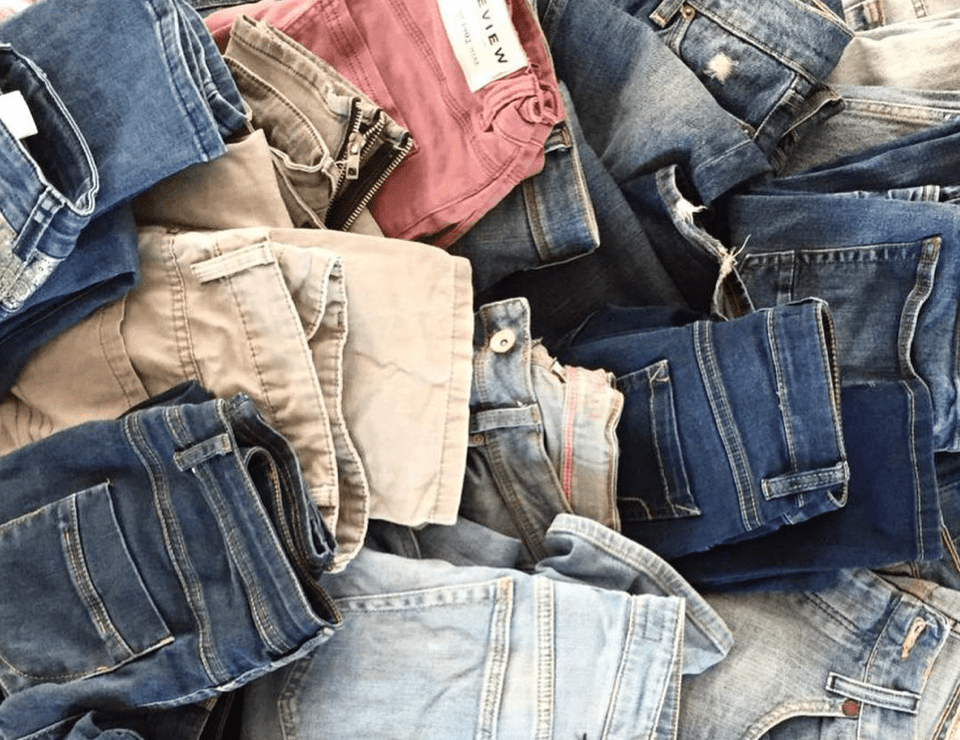
He.Do
Safae Bennouna, Founder and Designer of He.Do., grew up in Rabat, an andalusian town which is the capital of Morocco. For centuries, the city has been a hotspot of craftsmanship. It is where, as a little girl, she discovered the wisdom of traditional tailors and embroiderers.
Her label contains ethical high-fashion and hand-made clothing with a Moroccan influence. “The word “Hedo” comes from the word “Hedonism”, it is the search for happiness. This search means inside discipline, spiritual work, and linearity within yourself. I create clothes that align with your spirit.”, she says.
Before she actually started designing, Safae studied Business Management in Paris and worked as a banker. She moved to Düsseldorf in 2016, where she now lives with her husband. Since then, He.Do has grown between Morocco and Germany. Her designs are confidently feminine, crafted from wool and silk in warm earth colors.
Change Room: How do you embody sustainability?
Safae: My own life is a constant search for a more ecological way of living. I embody this in my relationships with other people, in what I eat, in mental health, and in qualitative moments. I live simply but with purity. My daily routines are very important to me. I want to live authentically. My designs are compositions of easiness, humor, and belief in life. Beauty is born from uniqueness, by recognizing the unique aspect of every woman.
Change Room: How do you think the fashion industry will look like in ten years?
Safae: I see a lot of consciousness on the rise – local initiatives and interesting research for better quality materials, fabrics, and improved creation processes. I hope to see more effective industry collaborations with scientific programs for the exploration of fabrics. We have great skills in Italy. People there have great capacities to develop new ranges of fabrics. Together, we can create amazing concepts!

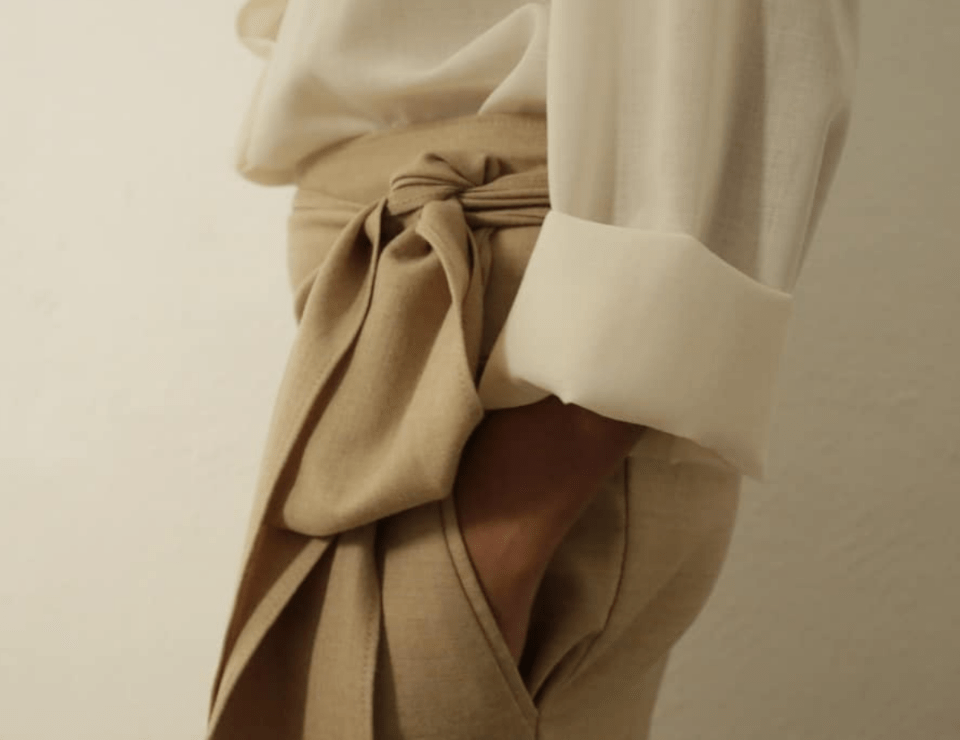
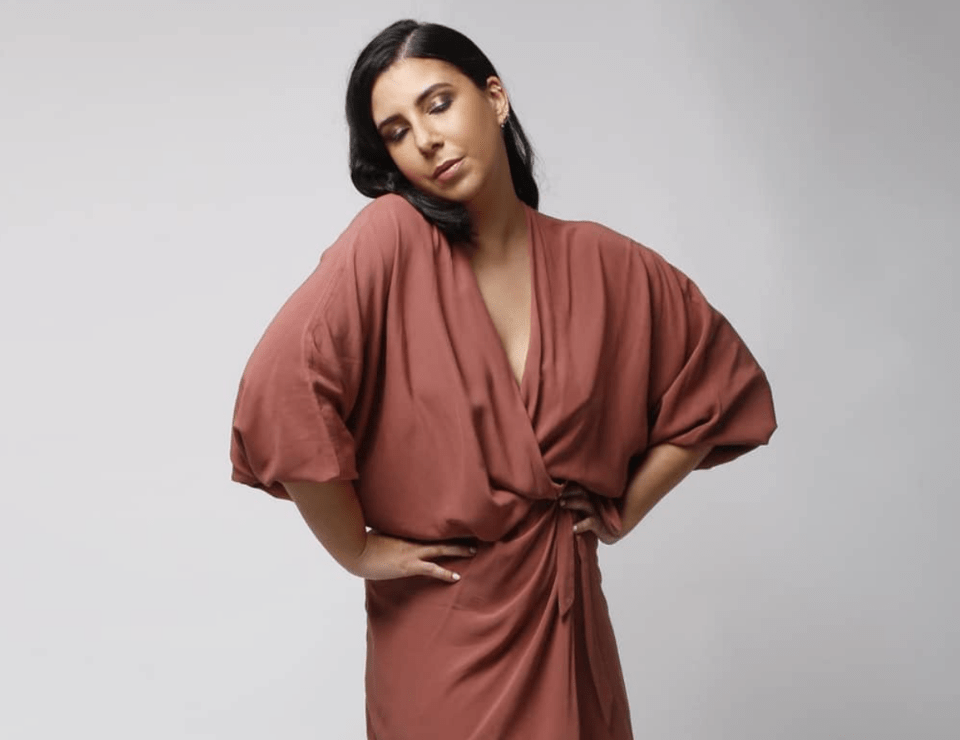
While Fashion Revolution week is over, our engagement with and support for sustainable fashion business do not have to end. Starting-up is not always easy, especially in today’s realities. It requires great passion and resilience on the side of an entrepreneur as well as a supporting and patient local community, which values quality over price, authenticity over conformity, and collaboration over competition. So, stay curious and shop local!
#SupportLocal #ShopLocal #SmallBusiness
